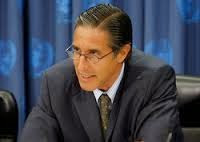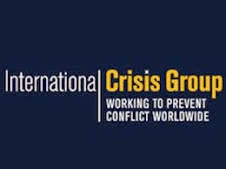The other articles published by New Age can be found here:
To read articles on 'Bangladesh Political crisis, 2015' go here
----------------------------
Legal challenge to surveillance laws withdrawn unexpectedly
David Bergman
A High Court public interest writ challenging the constitutionality of legal provisions which introduced widespread phone surveillance in the country was unexpectedly withdrawn a year after the court had issued an order asking the government to set out why the provisions should not be set aside.
The order, passed in May 2006 by Justice Md Awlas Ali and Justice Zinat Ara asked the government why the law ‘should not be declared to be ultra vires, void and without legal authority and … of no legal effect.’
However, four months after a state of emergency was declared, and before the government responded to the court order, the petition was withdrawn without any reason given.
Md Assaduzzaman, the lawyer for the petitioners told New Age that, ‘I went to court in April 2007 to withdrawal the writ petition after receiving instructions from my client not to continue with the case.’








